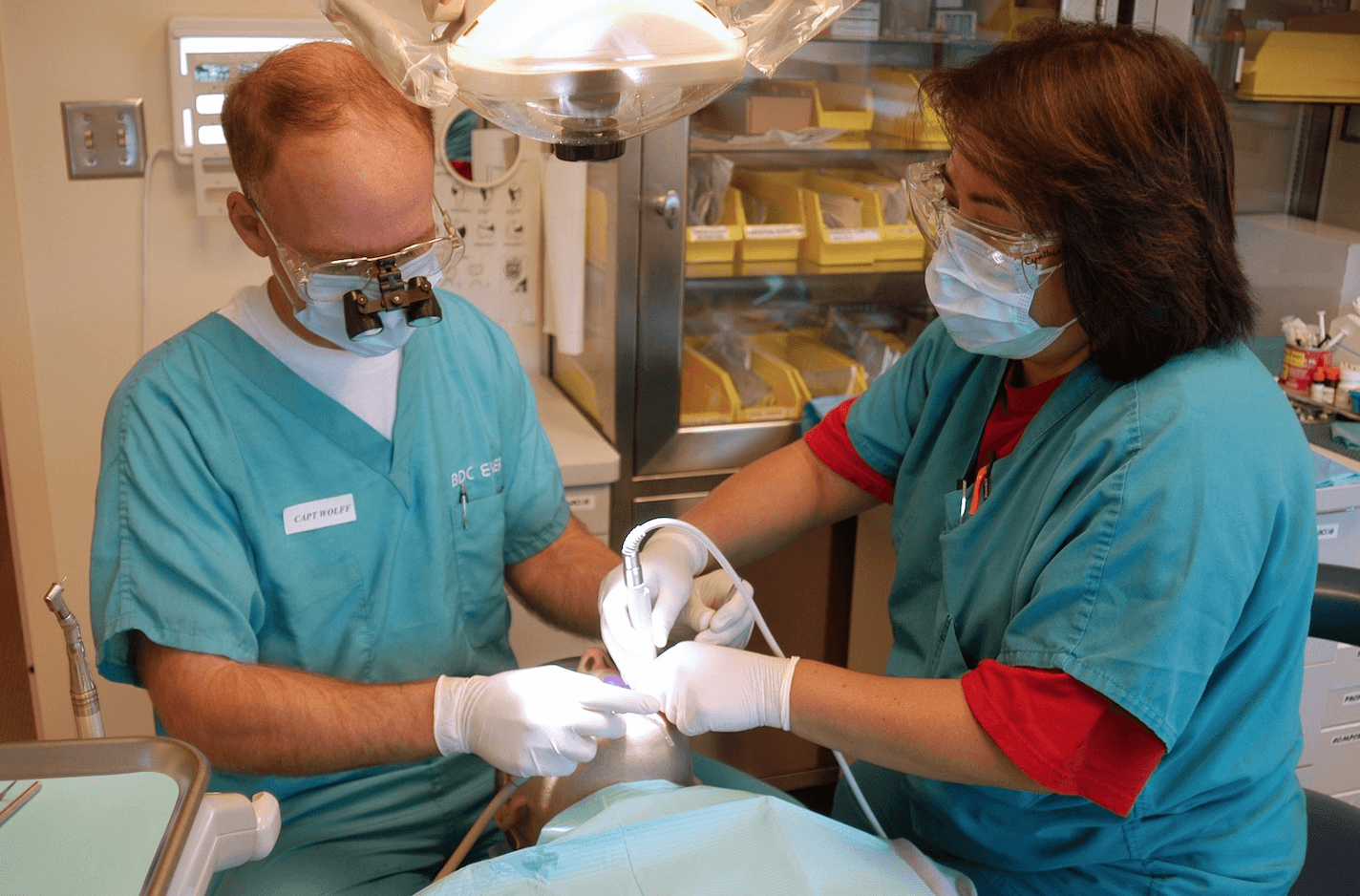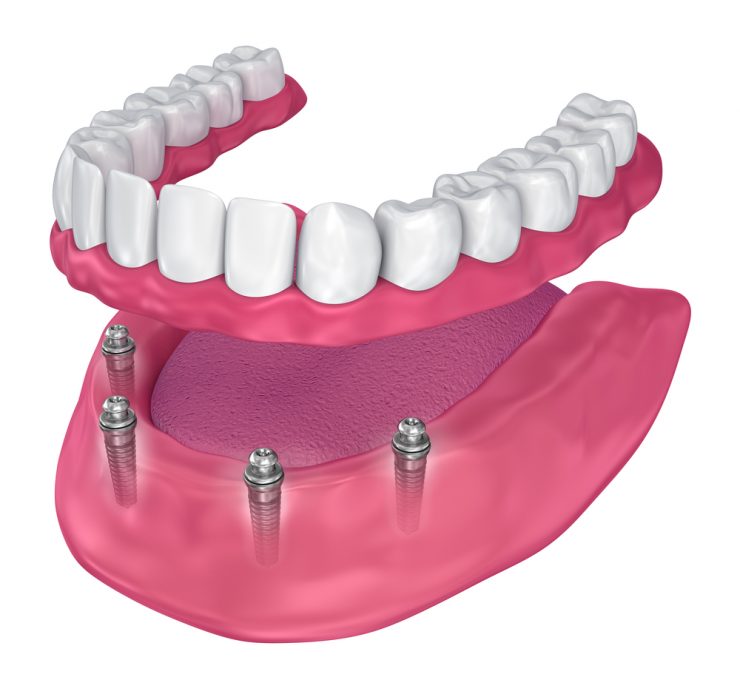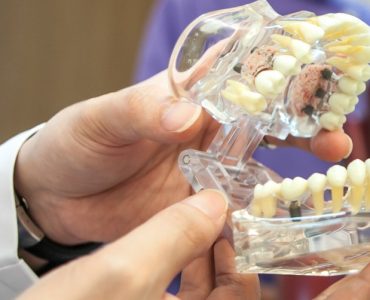If you’ve been struggling to manage with dentures or to look after badly damaged teeth that are plainly not going to last much longer, dental implants are a tempting solution. They make eating and drinking easy again and give you a smile to be proud of. There is, unfortunately, a hefty price tag. If you’re going to spend on something big, this is the sort of purchase that can have genuinely life-changing results, but that doesn’t make finding the money any easier. Just how much will you need?
What are you paying for?
Dental implants cost what they do because – though it’s minor and usually performed under a local anesthetic – they involve surgery, which means that suitably qualified people need to do the work. You are, in effect, paying for the education they have invested in. You’re also paying for materials, equipment, and time in a carefully sterilized room. All this adds up. If you’re smart, you’ll also pay for insurance on the procedure, because although it has a high success rate you don’t want to have to find even more money for follow-up work if something goes wrong.
How much money will you need?
Getting a single tooth replaced with an implant in the US usually costs between $3,000 and $5,000, so you might be concerned that the cost for getting your whole mouth done will be impossibly high. In fact it works out much cheaper per tooth because not every tooth needs its own individual implant and when you’re getting a lot of work done at once, the overheads are lower. You’ll only need to be anesthetized once and you won’t take up as much of the dentist’s time overall.

The average cost of full dental implants in the US is between $25,000 and $30,000, assuming that you’re in fairly good health to begin with and don’t have too many complicating factors. If you choose to travel to South America you might find it available for as little as $10,000, but then you will have other costs to factor in and you will need to do careful research to be sure that you are getting the same high standard of treatment and care that you’d expect at home.
What about follow-up costs?
The great news about dental implants is that once they’re in place they have a very long life expectancy. They’re generally good for at least 25 years and often for a person’s whole lifetime. The artificial teeth themselves, however, need to be looked after in order to last this long. They’re attached to the implants and getting them replaced costs a lot less than getting a new implant – it’s also more likely to be covered by your insurance policy. The best way to avoid trouble and expense is to brush and floss them just as you would your regular teeth. With good routine oral care, including regular visits to your dentist to deal with any build-up of plaque, you can avoid having to pay any more in the future.












